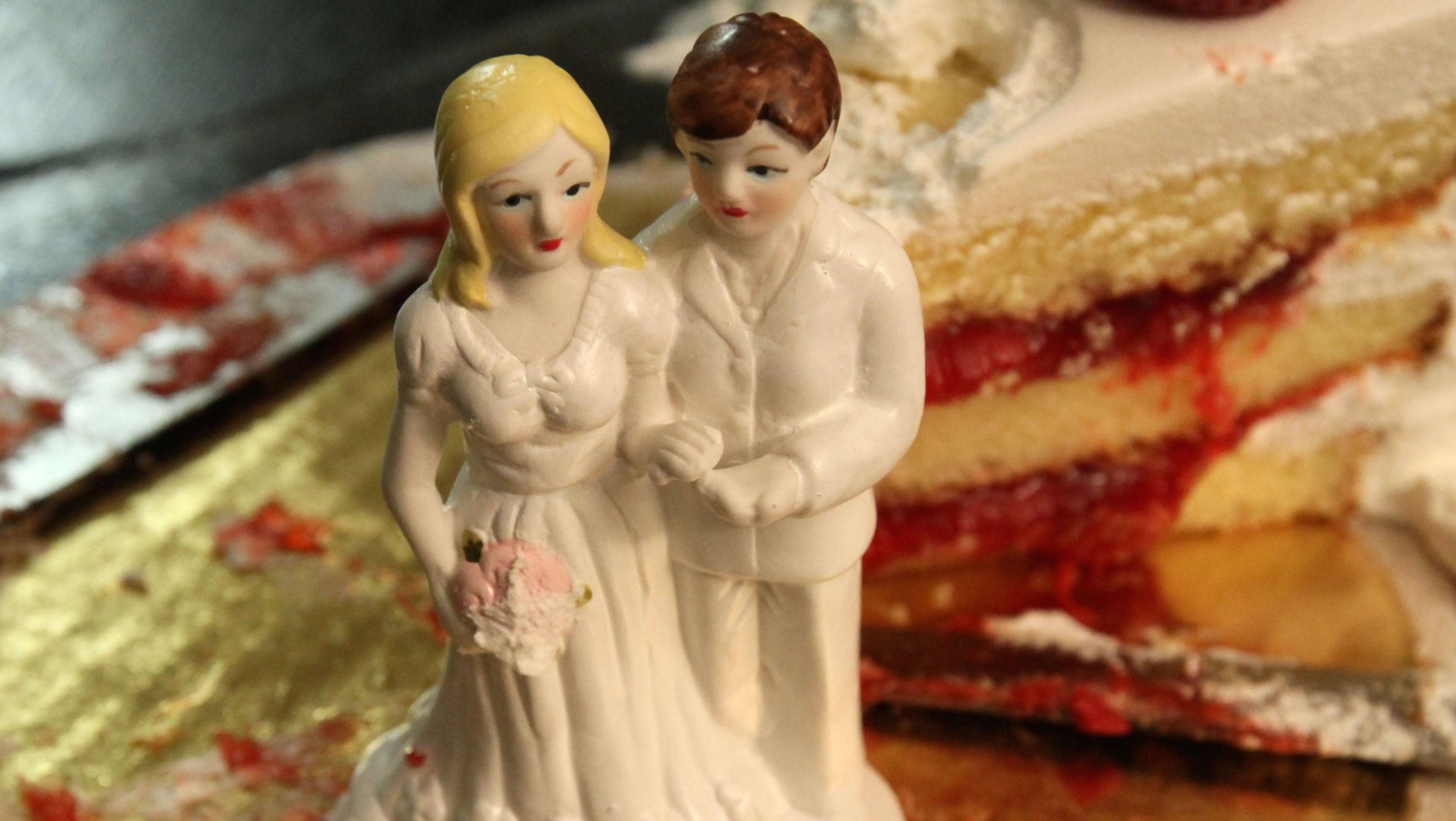This season of “The Bachelorette” reveals America’s hypocrisy about sex
The Bachelor spin-off series The Bachelorette has long stayed above the fray of reality television by omitting gratuitous scenes suggestive of sex from its calculated mix of staged and real drama. Unlike shows like Jersey Shore and The Real World, The Bachelorette gives viewers a group of young, conventionally attractive twenty-somethings to ogle while managing to remain PG on the surface. The show provide an endless montage of dream date scenarios to entertain viewers, who, in turn, get to keep up the pretense that they are watching a show about love, not sex.


The Bachelor spin-off series The Bachelorette has long stayed above the fray of reality television by omitting gratuitous scenes suggestive of sex from its calculated mix of staged and real drama. Unlike shows like Jersey Shore and The Real World, The Bachelorette gives viewers a group of young, conventionally attractive twenty-somethings to ogle while managing to remain PG on the surface. The show provide an endless montage of dream date scenarios to entertain viewers, who, in turn, get to keep up the pretense that they are watching a show about love, not sex.
This season, the fine-tuned machinery of the “love” illusion breaks down when bachelorette Kaitlyn admits to having slept with one of her suitors in the season 11 promo video. When she says, “It’s hard for me to admit it, but we had sex,” it’s as if the protective curtain hanging over the perennial bachelorette has been pulled away.
The curtain, it turns out, was always quite thin.
In the wake of Kaitlyn’s confession, one contestant stands in for the moral judgements of the audience, telling her, “I question your intentions. I feel like you’re here to make out with a bunch of dudes on TV.” Of course, Kaitlyn doesn’t get to answer.
But we know another reason she’s there; it’s why we’re watching. We want to see her fall in love. Ironically, Bachelorette viewers believe in love, but they don’t believe in sex.
In a recent poll of 1,024 Americans adults, nearly one in three said they don’t believe that unmarried people should be having sex at all. Yet the average American loses his or her virginity at 17, and nine out of ten Americans have sex before marriage. And while it might be tempting to ascribe these numbers to a certain moral loosening in America since the 1960s, research shows that the percentage of Americans engaging in premarital sex has remained constant–at around 95%–since the 1950s.
Like viewers of The Bachelorette, Americans have always enjoyed the idea of young love while largely refusing to engage with the real-life outcome of this scenario: young, unmarried people having sex.
What has changed since 1950 is the age at which most people in America get married. Americans’ average age at marriage is up from around 20-years-old for women and 24 for men in 1950, to around 27 and 29, respectively, today. That means Americans are spending more of their lives having premarital sex now than ever before. Yet the majority of government-funded sex-education in the US still promotes abstinence over sexual health.
The consequences of this approach are felt by our entire nation. More than half of pregnancies in the US are unintended (mis-timed or unwanted), a rate much higher than most other developed countries, and 20 million new STIs are reported in the US every year, with people aged 15-24 accounting for half of this number. The abstinence approach is not protecting us.
The framing of Kaitlyn’s confession in The Bachelorette promo video reveals the hypocritical view of sex that has led to this shortcoming of sex education in our country. Kaitlyn is publicly shamed and made to feel that she is no longer a worthy partner because she had sex. These are the tactics used–to limited success–by many teachers to promote the abstinence-only agenda in America today.
By the numbers we know that sex, for most people, is inevitable. Bad outcomes from sex, however, are not. Pulling back the curtain on sex and framing it as a positive interaction between consenting people could have resounding consequences on the reproductive health of the nation. It is proven that sex-positive sex education policies lead to less unintended pregnancies, less unsafe sex, and healthier attitudes toward relationships for teens and the adults they eventually become.
Forty years ago, the World Health Organization defined “sexual health” as thinking about sex in ways that are “positively enriching and that enhance personality, communication, and love.” Yet today, sex is more often seen as the opposite, as dehumanizing and degrading.
“I made a mistake. That doesn’t make me a bad person,” Kaitlyn says in the promo video.
And she’s right. Sex doesn’t make Kaitlyn bad. It just makes her a person.